
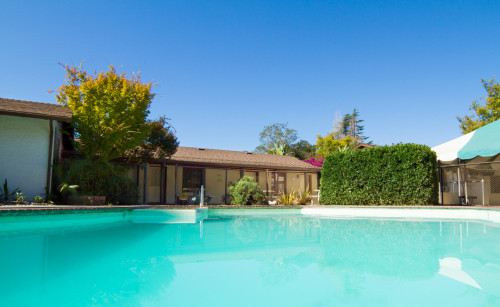

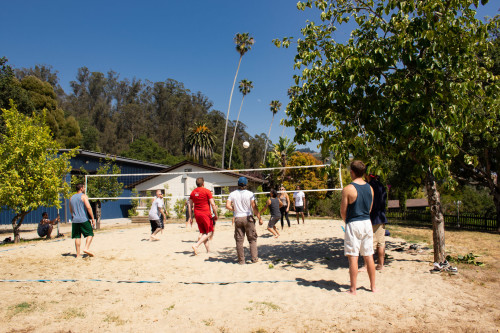





Elevate Addiction Services - Seascape Recovery Center
Verified Center
This provider's information has been quality-checked by Recovery.com's Research Team for accuracy and completeness, including center verification through appropriate third-party organizations.
Treatment Focus
This center treats substance use disorders and co-occurring mental health conditions. Your treatment plan addresses each condition at once with personalized, compassionate care for comprehensive healing.
Primary Level of Care
Offering intensive care with 24/7 monitoring, residential treatment is typically 30 days and can cover multiple levels of care. Length can range from 14 to 90 days typically.
Treatment Focus
This center treats substance use disorders and co-occurring mental health conditions. Your treatment plan addresses each condition at once with personalized, compassionate care for comprehensive healing.
Primary Level of Care
Offering intensive care with 24/7 monitoring, residential treatment is typically 30 days and can cover multiple levels of care. Length can range from 14 to 90 days typically.
Provider's Policy
Elevate Addiction Services is in-network with most major insurance providers and can accept many out-of-network plans as well. Insurance will cover 100% of costs after deductibles and out-of-pockets. Our team will verify your benefits prior to admission ensuring there are no surprises. Additionally, financing is available for any out-of-pocket fees.
Elevate Addiction Services - Seascape Recovery Center
Elevate Addiction Services - Seascape Recovery Center
About Elevate Addiction Services - Seascape Recovery Center
From their retreat-like setting in the mountains, Elevate Addiction Services - Seascape goes beyond sobriety, equipping clients with skills to thrive and support that lasts. They personalize programs to address the root causes of addiction, using a non-12-Step approach, evidence-based therapies, and other wellness regimens. With same-day admissions available for detox and residential treatment, Elevate helps clients begin their recovery journey without delay.
Take a Non-12-Step Path to Recovery
Elevate offers a refreshing non-12-Step alternative that includes evidence-based and holistic practices. Their approach emphasizes personal accountability, confronting challenges head-on, and living with integrity. Clients engage in one-on-one counseling to tackle root causes of addiction, educational and interactive group sessions, mindfulness and meditation, experiential therapies, and Native American spiritual classes. They also focus on the vital connection between a healthy body and mind, providing nutrient-rich meals and daily CrossFit classes.
Recharge in a Picturesque Setting
Overlooking Monterey Bay, Elevate’s sprawling ranch-style campus in the foothills of Mount Madonna blends therapeutic value with enjoyment. Clients can stay active by swimming, playing basketball or volleyball, or working out in the gym. Year-round mild weather allows for hikes and outdoor activities, or downtime indoors with movies and games. Clients enjoy chef-prepared meals that feature fresh seafood and local produce. Stress-free airport transfers make arrival easy.
Leave Prepared for Lasting Sobriety
Elevate’s residential graduates participate in a ceremony to celebrate their hard-earned success among family and friends. Clients leave with customized post-treatment sobriety plans, including one-on-one counseling, regular check-up calls, and referrals to local sober support groups. Clients can step down to Elevate’s in-person or virtual outpatient programs. Elevate also offers a Graduate Assurance Plan that allows clients to return for up to 30 days within 6 months of graduation.

Highlights from the Center
Highlights
These highlights are provided by and paid for by the center.
1-on-1 Counseling
Perfect for Professionals
Private Rooms Available
Non 12-Step Approach
Center Overview
Treatment Focus
This center treats substance use disorders and co-occurring mental health conditions. Your treatment plan addresses each condition at once with personalized, compassionate care for comprehensive healing.
Joint Commission Accredited
The Joint Commission accreditation is a voluntary, objective process that evaluates and accredits healthcare organizations (like treatment centers) based on performance standards designed to improve quality and safety for patients. To be accredited means the treatment center has been found to meet the Commission's standards for quality and safety in patient care.

Elevate Addiction Services - Seascape Recovery Center
Insurance Accepted
Cash Pay Rates
Estimated Cash Pay Rate
Center pricing can vary based on program and length of stay. Contact the center for more information. Recovery.com strives for price transparency so you can make an informed decision.


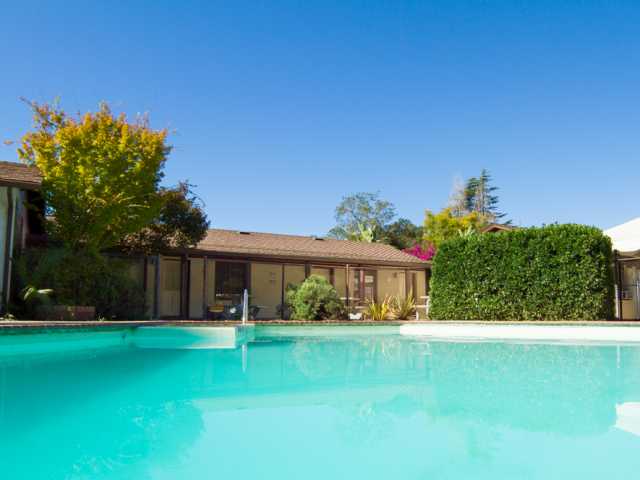

Other Centers From Elevate Addiction Services
Recovery.com Verified Listing
Recovery.com verified that the name, location, contact information and license to operate for this treatment provider are valid and up-to-date.
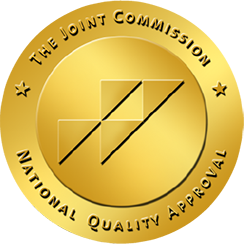
Joint Commission Accredited
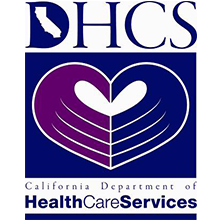
Licensed by California DHCS
Recovery.com is an independent, third-party mental health resource. Verification does not imply endorsement and does not guarantee the quality of treatment services.
Meet Your Care Team

Alok Krishna MD
Medical Director

Jesse Quaid
Director of Intake & Clinical Records
CADC-CAS

Michael G DiPalma
Lead Admissions Counselor
CADC-CAS

Carrie Grothendick
Lead Female One-on-One Counselor
CADC-CAS
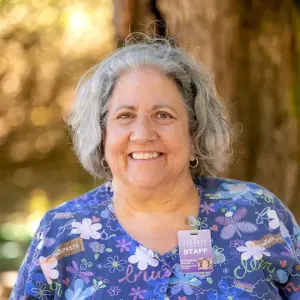
Christina Kuzio
Registered Nurse
AAS Registered Nursing
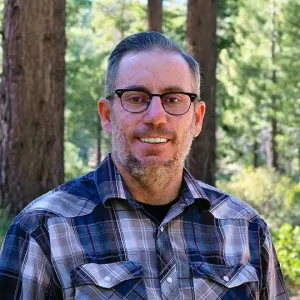
Jeffrey Haycock
One-on-One Counseling Supervisor
CADC-CS
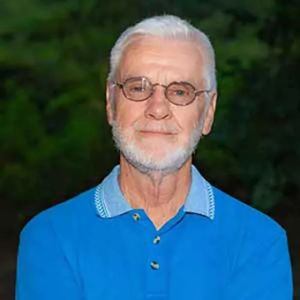
Tim Sinnott
LMFT Clinical Director
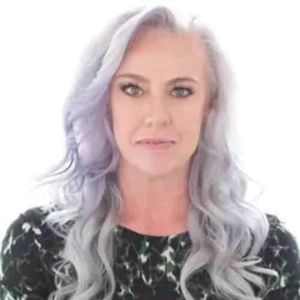
Angie Manson
CEO and Co-Founder
CADC-CS
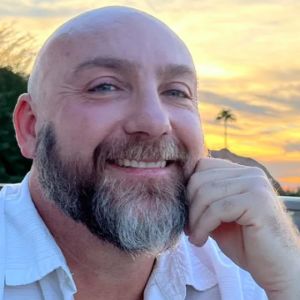
Dan Manson
President, Chairman and Co-Founder
CADC-CS
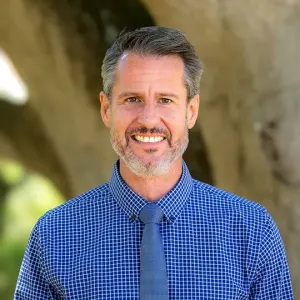
Nathan Tuddenham
Chief Operating Officer
CADC-CS CA COO
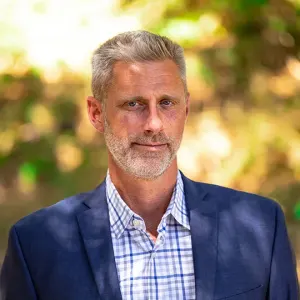
Matt Guernaccini
Chief Program Director
CADC-CS
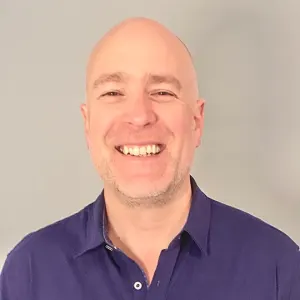
William Hines
Director of Human Resources
CADC-CS CA, member of SHRM
Your Care Options
Specializations
Alcohol
Using alcohol as a coping mechanism, or drinking excessively throughout the week, signals an alcohol use disorder.
Detox
Detox fully and safely removes toxic substances from the body, allowing the next steps in treatment to begin with a clean slate.
Co-Occurring Disorders
A person with multiple mental health diagnoses, such as addiction and depression, has co-occurring disorders also called dual diagnosis.
Holistic
A non-medicinal, wellness-focused approach that aims to align the mind, body, and spirit for deep and lasting healing.
Non 12 Step
Non-12-Step philosophies veer from the spiritual focus of the 12-Steps and instead treat the disease of addiction with holistic or secular modalities.
Opioids
Opioids produce pain-relief and euphoria, which can lead to addiction. This class of drugs includes prescribed medication and the illegal drug heroin.
Residential
In a residential rehab program, patients live onsite, with access to daily treatment and 24-hour care. An average stay is 30-90 days.
Who We Treat
Older Adults
Addiction and mental health treatment caters to adults 55+ and the age-specific challenges that can come with recovery, wellness, and overall happiness.
Executives
Executive treatment programs typically directly support the needs of people who manage businesses and may provide flexible schedules and office space to allow work during treatment.
Young Adults
Emerging adults ages 18-25 receive treatment catered to the unique challenges of early adulthood, like college, risky behaviors, and vocational struggles.
LGBTQ+
Addiction and mental illnesses in the LGBTQ+ community must be treated with an affirming, safe, and relevant approach, which many centers provide.
Men and Women
Men and women attend treatment for addiction in a co-ed setting, going to therapy groups together to share experiences, struggles, and successes.
Midlife Adults
For adults ages 40+, treatment shifts to focus on the unique challenges, blocks, and risk factors of their age group, and unites peers in a similar community.
Mild Disabilities
Adults with mild physical or intellectual disabilities receive treatment catered to their specific needs in a safe and clinically supportive environment.
Treatment Services
Day Treatment
In a PHP, patients live at home but follow an intensive schedule of treatment. Most programs require you to be on-site for about 40 hours per week.
Detox
Detox fully and safely removes toxic substances from the body, allowing the next steps in treatment to begin with a clean slate.
Intensive Outpatient Program
In an IOP, patients live at home or a sober living, but attend treatment typically 9-15 hours a week. Most programs include talk therapy, support groups, and other methods.
Outpatient
During outpatient rehab, patients attend a structured treatment program while continuing to live at home.
Residential
In a residential rehab program, patients live onsite, with access to daily treatment and 24-hour care. An average stay is 30-90 days.
Interventionists
Professionals who helps guide loved ones through an intervention to help someone overcome addiction or mental health issues. They may also help clients find treatment centers and navigate the recovery process.
Approaches
Evidence-Based
A combination of scientifically rooted therapies and treatments make up evidence-based care, defined by their measured and proven results.
Experiential
Expressive tools and therapies help patients process past situations, learn more about themselves, and find healing through action.
Holistic
A non-medicinal, wellness-focused approach that aims to align the mind, body, and spirit for deep and lasting healing.
Non 12 Step
Non-12-Step philosophies veer from the spiritual focus of the 12-Steps and instead treat the disease of addiction with holistic or secular modalities.
Therapies
1-on-1 Counseling
Patient and therapist meet 1-on-1 to work through difficult emotions and behavioral challenges in a personal, private setting.
Meditation & Mindfulness
A practiced state of mind that brings patients to the present. It allows them to become fully aware of themselves, their feelings, and the present moment.
Trauma-Specific Therapy
This form of talk therapy addresses any childhood trauma at the root of a patient's current diagnosis.
Online Therapy
Patients can connect with a therapist via videochat, messaging, email, or phone. Remote therapy makes treatment more accessible.
Rational Emotive Behavior Therapy
A type of cognitive therapy that identifies negative self-defeating thoughts and behaviors, rewriting beliefs to be positive, empowering, and present.
Mindfulness Therapy
This ancient practice can be mental, emotional, and even spiritual. In meditation, you focus your attention on the present moment without judgement.
Experiential Therapy
With this approach, patients heal by doing. Therapists help patients process difficult emotions to speak, using guided activities like art or dance.
Family Therapy
Family therapy addresses group dynamics within a family system, with a focus on improving communication and interrupting unhealthy relationship patterns.
Conditions We Treat
Grief and Loss
Grief is a natural reaction to loss, but severe grief can interfere with your ability to function. You can get treatment for this condition.
Anger
Although anger itself isn't a disorder, it can get out of hand. If this feeling interferes with your relationships and daily functioning, treatment can help.
Anxiety
Anxiety is a common mental health condition that can include excessive worry, panic attacks, physical tension, and increased blood pressure.
Bipolar
This mental health condition is characterized by extreme mood swings between depression, mania, and remission.
Burnout
Burnout entails mental and physical exhaustion, and leads to a severe lack of fulfillment. This condition is often caused by overwork.
Codependency
Codependency is a pattern of emotional dependence and controlling behavior. It's most common among people with addicted loved ones.
Depression
Symptoms of depression may include fatigue, a sense of numbness, and loss of interest in activities. This condition can range from mild to severe.
Post Traumatic Stress Disorder
PTSD is a long-term mental health issue caused by a disturbing event or events. Symptoms include anxiety, dissociation, flashbacks, and intrusive thoughts.
Stress
Stress is a natural reaction to challenges, and it can even help you adapt. However, chronic stress can cause physical and mental health issues.
Substances We Treat
Alcohol
Using alcohol as a coping mechanism, or drinking excessively throughout the week, signals an alcohol use disorder.
Benzodiazepines
Benzodiazepines are prescribed to treat anxiety and sleep issues. They are highly habit forming, and their abuse can cause mood changes and poor judgement.
Chronic Relapse
Consistent relapse occurs repeatedly, after partial recovery from addiction. This condition requires long-term treatment.
Co-Occurring Disorders
A person with multiple mental health diagnoses, such as addiction and depression, has co-occurring disorders also called dual diagnosis.
Cocaine
Cocaine is a stimulant with euphoric effects. Agitation, muscle ticks, psychosis, and heart issues are common symptoms of cocaine abuse.
Drug Addiction
Drug addiction is the excessive and repetitive use of substances, despite harmful consequences to a person's life, health, and relationships.
Ecstasy
Ecstasy is a stimulant that causes intense euphoria and heightened awareness. Abuse of this drug can trigger depression, insomnia, and memory problems.
Heroin
Heroin is a highly addictive and illegal opioid. It can cause insomnia, collapsed veins, heart issues, and additional mental health issues.
Psychedelics
Hallucinogenic drugs—like LSD—cause euphoria and increased sensory experiences. When abused, they can lead to depression and psychosis.
Languages
Aftercare
Care Designed for Your Needs
Personal Amenities
Amenities
Special Considerations
Center Pets
Addiction and mental health facilities with pets allow patients to interact with friendly dogs, cats, horses, and in some cases, even dolphins.
Flexible technology policies
Centers with flexible technology policies allow professionals to stay in touch with work and give patients a greater sense of connection and normalcy.
Gender-specific groups
Patients in gender-specific groups gain the opportunity to discuss challenges unique to their gender in a comfortable, safe setting conducive to healing.
Healthy Meals are provided
Great food meets great treatment, with providers serving healthy meals to restore nutrition, wellbeing, and health.
Activities
Off-Site Activities
Yoga
Yoga is both a physical and spiritual practice. It includes a flow of movement, breathing techniques, and meditation.

Learn More About the Center
The Elevate Method ©: A Life-Skills Curriculum for Recovery
Discover an innovative curriculum guiding clients from addiction to freedom through 4 transformative stages.
Elevate Services Featured in Recovery Today Magazine
Check out Elevate’s latest feature in Recovery Today and gain insights into the future of addiction recovery.
The Elevate Experience Podcast
Tune into Elevate’s podcast for inspiring stories, expert insights, and practical tips for recovery.
Nutrition in Recovery eBook
Download a free copy on the fundamentals of nutrition and its relation to substance use recovery.
What people are saying
Treatment
4.2
Accommodations
4.2
Food & Nutrition
4.1
Value
4.2
Holly
Reviewed 12/01/21
Review from Rehabs.com
Ian
Reviewed 11/25/21
Review from Rehabs.com
Tyler
Reviewed 10/27/20
Review from Rehabs.com
Mark T
Reviewed 12/05/19
Review from Rehabs.com
Tyler
Reviewed 10/27/20
Review from Rehabs.com





